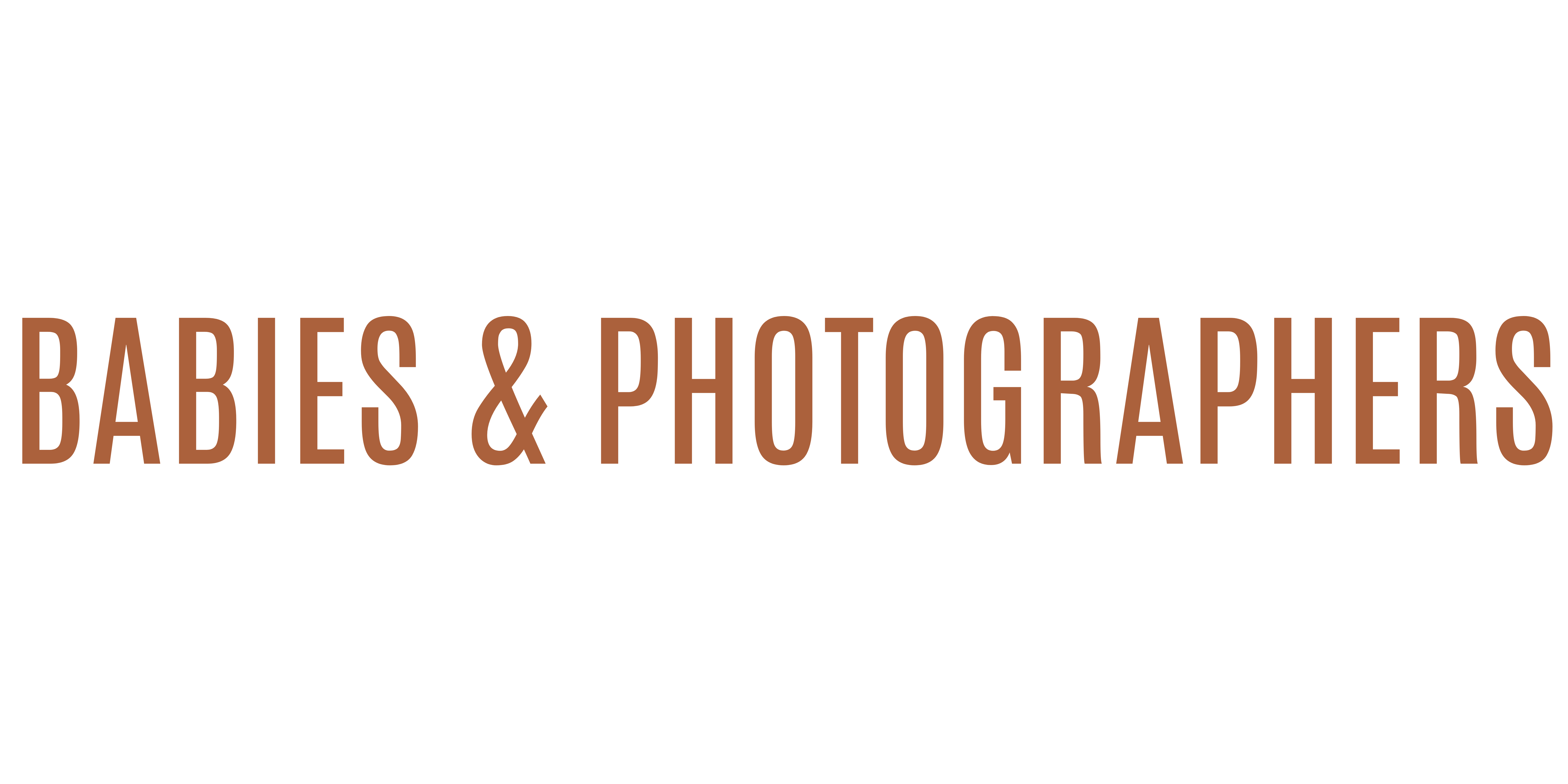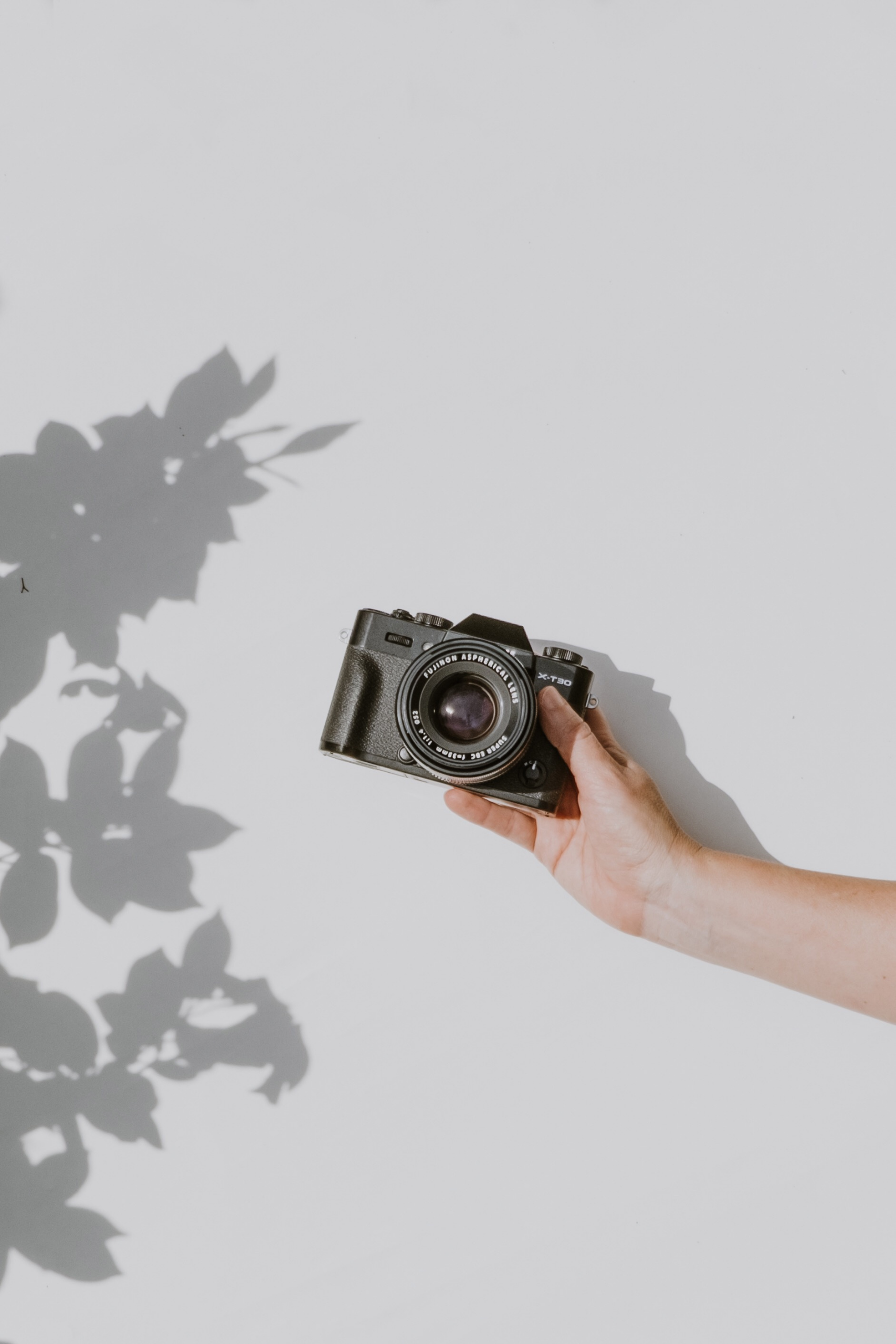Shoot Every Day
- Like any skill, the more you do, the better you get.
- The best camera you have is the one in your hand, so if you’re not out and about with your full DSLR, don’t be afraid to take great pictures with your cell phone’s camera or point-and-shoot.
- Photography is photography, take a picture with a camera or any camera.
Always Have Your Camera Near You
- Pull up a chair and I can describe two wonderful scenes that are deeply placed in my mind. Unfortunately, my camera broke on the first one (I was at sea, away from the camera store). Second, it was unreachable (I was flying). I thought about learning to draw or paint in order to make a “picture” of these two moments.
- The goal of these stories: Keep a camera handy. You never know what will happen, what you will see.
Read Your Guide
- Camera guides are not an engaging read, but they tell you a lot about how to use your camera.
- Spend a night or two with your guide and get up close with your camera.
- This will help you every time you take a photo.
- Most guides are now available electronically, so know where to find them or save them on your mobile device for a reference.
Check Your Settings
- I’ve often wanted to stick the following note on a sticker and paste it on my LCD: “Check your ISO”:)
- If I had a nickel for every time I stepped out into the sunlight at an ISO of 800 or higher after shooting in a dark restaurant the night before, I’d have a newer camera.
- Find out what your settings are and how to change them quickly.
Change Perspective / Angle
- We see the world at eye level, and most people’s eyes are usually about the same height.
- Should your photos always record the world from the same height as your eyes?
- You’ll be amazed at how shooting from your knees or from a high place will change your image.
- Watch a documentary about a photographer and see how they move, and silently wonder how many pants they’re wearing, constantly kneeling to shoot low angles.
Get to know Your Meter
- Learn about your camera’s metering modes and use them to your advantage.
- When you frame an image, see the light and then measure how you want your scene to be exposed.
- Is there a light that brighten your subject?
- Your camera will help you reach your goal; you just need to tell it how to do it.
- Practice metering and adjusting exposure.
Know Your Shooting/Exposure Modes
- Similar to the last tip, your camera is smart, but it needs your help from time to time.
- Some will tell you to always shoot manually. I do not agree. Know how to shoot manually, but also know when other shooting/exposure modes will be advantageous for your particular photographic subject(s).
Know Your Focus Modes
- If you use autofocus and you probably do, the camera’s autofocus will either make or ruin the photo.
- Autofocus modes focus by themselves without letting you focus. Sometimes using manual focus is more accurate than directing your process.
Do Photo Review – But Not Too Much
- Review other people’s photos.
- What would you like? What do you dislike? What will you improve? Is it perfect? So why is it perfect? Look. Like. Get lost in the photo. But don’t forget to go out and make your own photos!
Read the Booklets
- There are useful tips in books and websites.
- Find authors you connect with through their writings and authors who give good advice.
- You can choose “Basic photography” books. Everyone’s starting base is different from each other and you can get different information from each author.



![🚨 LAST DAY TO ENTER THE BPA PHOTO AWARDS 2024! 🚨
This is it—the final hours to submit your work to the most prestigious photography awards of the year. No extensions. No second chances.
Why wait? Your moment is NOW.
📸 36 world-class judges—the leaders, educators, and trailblazers of our industry—are ready to see YOUR work. This is your chance to be recognized by the very best in photography.
✨ Compete in 5 categories:
Newborn
Maternity
Family
Cake-Smash (Birthday)
Kids
Winning isn’t just about the title; it’s about claiming your spot as an award-winning photographer—a title that truly means something when it’s from BPA.
⏳ The clock is ticking. The countdown is real.
📥 Submit now before midnight: [Link in bio]
Don’t let your talent go unseen. This is your time to shine, inspire, and elevate your art. Let’s make 2024 your year to remember.
#BPAwards2024 #LastChance #AwardWinningPhotographer #PhotographyAwards #CaptureTheBest #ShapingTheIndustry](https://www.babiesandphotographers.com/wp-content/plugins/instagram-feed/img/placeholder.png)
0 Comments